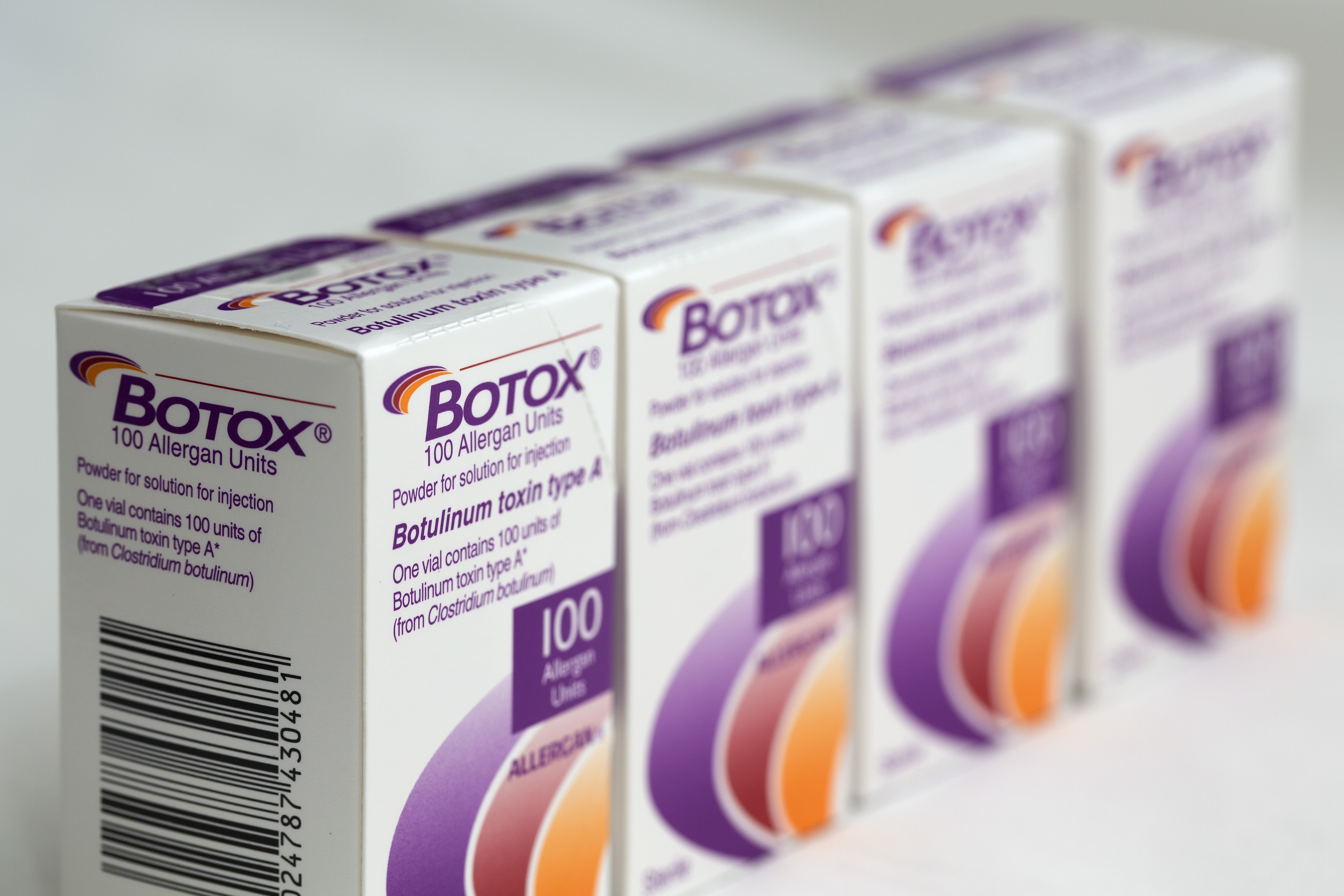If you use computers, iPods, PDA's, a new book suggests doing so may rewire your brain, Dr. Bruce Hensel reported.
"At first it's difficult to use the technology; and as we get better it may feel like we're using our brains differently than ever before. A chief scientist at UCLA studied the idea - and found there are benefits and dangers," Dr. Hensel said.
Jon Lloyd is an I.T. expert at NBC4. Computers, iPods, PDA's, cell phone... Like many of us, he may use them all at the same time.
"I'll check here, enter some content, go over here, check that email,
Obviously if the phone rings, answer it, go back to that PDA, maybe upload a photo over here," Lloyd said.
We asked UCLA aging expert Dr. Gary Small, author of the new book "iBrain," to watch Jon and talk about what the work may be doing to his brain.
"Well what it's gonna do is strengthen wires throughout the brain. When he shifts from one task to another, he is able to scan the environment, and in a sense, switch on one set of wires and switch off another set of wires." Small said.
Small used MRI's to find out if that's what really happens when we work on information technology.
Health & Wellness
Health and wellness news
"When we look at somebody's brain in a functional MRI scan it's really interesting because if their reading a book, you see some areas are active. But if they're searching on line, it more than doubles the activity in your brain." Small said.
Dr. Hensel asked Dr. Small if this is like the heart, creating bypass tracks and collateral circulation, new blood vessels, "If hes doing that, may this be helping him prevent Alzheimer's?"
"Well that's an argument I don't know for sure. But it's the idea of use it or lose it or cross train your brain to protect those neurons. It's possible," Dr. Small said.
But does using all this technology do anything bad? Maybe not scientifically but it can have a personal impact.
"There are people who are losing their face to face human contact skills because they're in a sense overdeveloping their technology skills. And you can't have conversations with them. The other day i said to my teenage daughter, Rachel, I'm talking to you and your looking at your iPod/iPhone," Dr. Small said.
"So the major point; learn the technology. Use it; it may help your brain stay healthy. But don't lose sight of the people, the social part of your life. Take breaks; days even weeks where people are your only technology," Dr. Bruce said.



